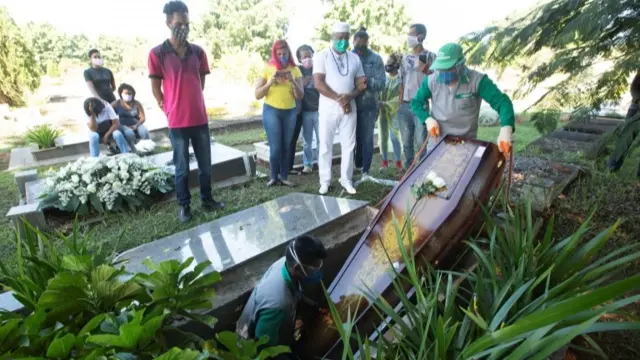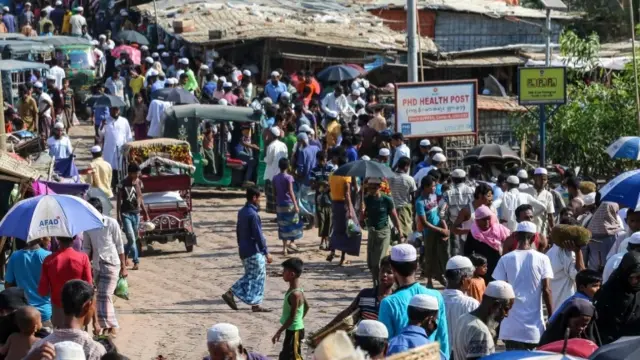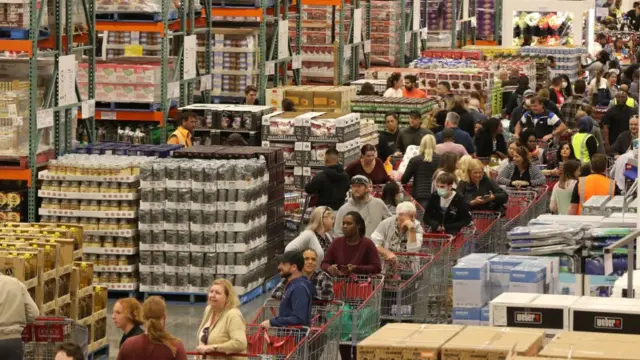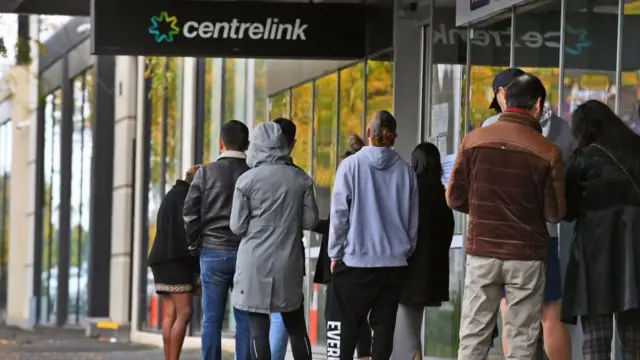South Korea approves remdesivirpublished at 04:26 BST 3 June 2020
 Image source, Getty Images
Image source, Getty ImagesSouth Korea has approved the import of remdesivir, a drug that appears to shorten recovery time for people with coronavirus.
Remdesivir cut the duration of symptoms from 15 days down to 11 in clinical trials at hospitals around the world.
The drug is already approved for treatment of Covid-19 in the US, Japan and India.
Scientists around the world are rushing to develop a vaccine against SARS-CoV-2 or a treatment for Covid-19, the illness resulting from infection.
Remdesivir is an anti-viral medicine that has been used against Ebola. Other drugs being investigated include medication used for malaria and HIV.








